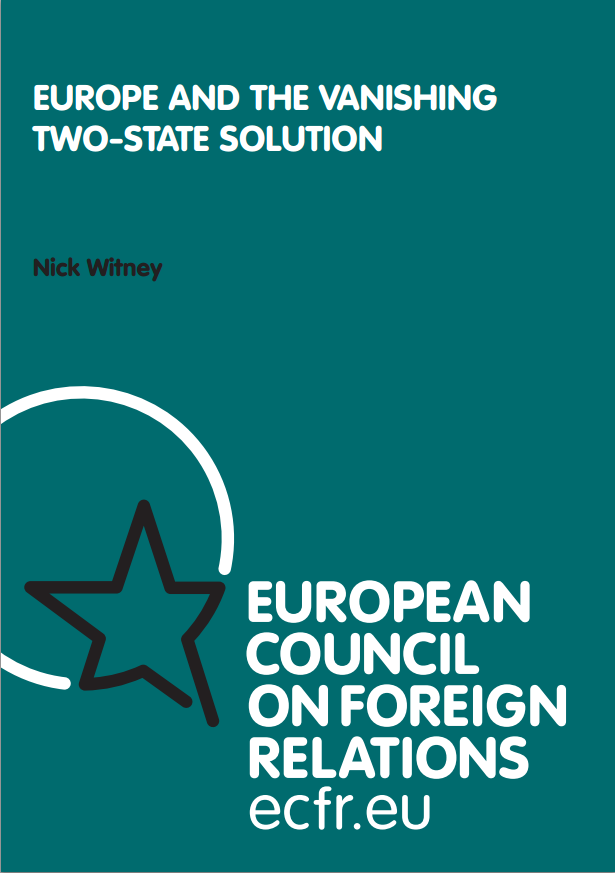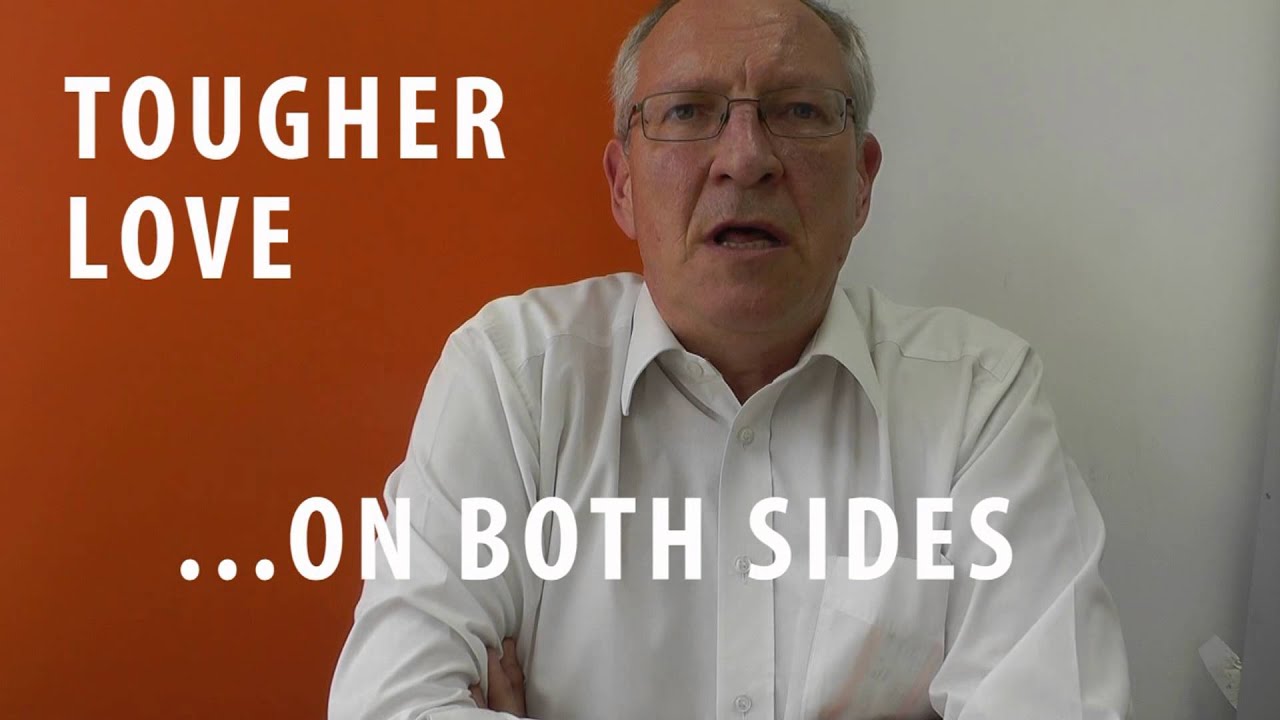Europe and the vanishing two-state solution
Europe can rescue the two-state solution
Time is running out for a two-state solution to Israel/Palestine. Its basis has been eroded by the remorseless expansion of settlements, the lock-down of Gaza, and the systematic undermining of the Palestinian presence in East Jerusalem and the West Bank.
By entrenching its occupation, Israel is courting the fate of apartheid South Africa – sanctions and international isolation. Meanwhile aid to the Palestinians has produced a hollow dependency economy.
In a new ECFR publication – “Europe and the vanishing two state solution” – Nick Witney argues that Europe is in a unique position to rescue to the two state solution, but it must display tough love to both parties before it is too late.
The executive summary of the report is also available in Arabic.
On Israel, the EU must:
- Stop extending benefits (like market access and EU grants) to settlement-based individuals and enterprises, and take no further steps at closer relations without relaxation of the occupation.
- Contest the Israeli narrative that Iran must be dealt with before peace, and that Hamas is beyond the pale.
On Palestine, the EU must:
- Taper off the €1 billion aid to the Palestinians. Instead it must support development projects and push the Israelis to allow the Palestinian economy room to grow.
“As so often, Europe issues great statements, and then under-cuts them by its actual behaviour. As we have thickened ties with Israel in recent years, at both EU and national levels, so Israel has learned to regard calls for an end to settlements and for de-occupation as so much huffing and puffing. But unless Israelis wake up soon to how they are ‘losing’ Europe, the outcome will be disastrous for all concerned.” Nick Witney
Listen to a podcast with Nick Witney:
The European Council on Foreign Relations does not take collective positions. ECFR publications only represent the views of their individual authors.




